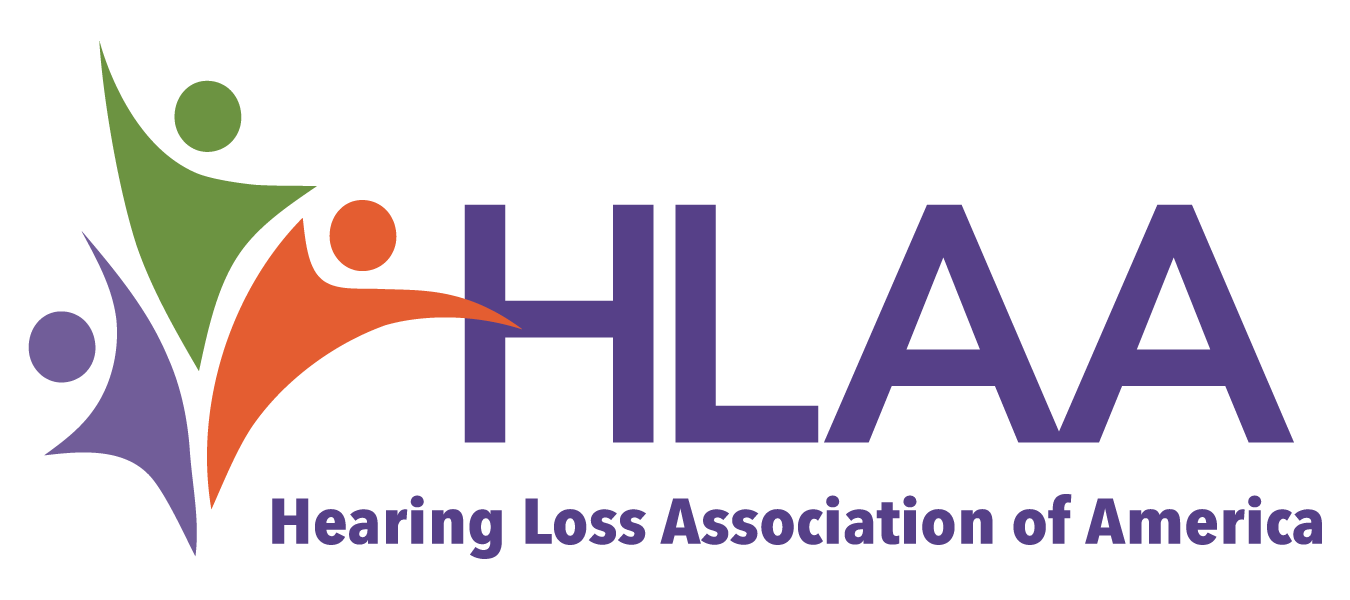Our user stories are short, one-minute reads. They are real stories about real people that feature a large variety of topics and themes. In these stories, consumers with hearing loss and Deaf consumers discuss their technology priorities, their use of technology, and how technology fits into their lives. They share their reactions and feelings when they experience communication and other challenges, and they provide insights and perspectives about when technology meets their needs and when it doesn't. These real-world stories are a valuable and effective way for technology developers to understand consumers’ needs and begin the design process to create, develop, improve, and expand effective technology solutions.
Consumers, let technology developers know whether a user story has particular meaning or importance for you by selecting "I can relate to this story," found at the conclusion of each story. If you have a unique story that you would like to see included in our user stories collection, please select "Contribute a story" and let us know about your experience.
Why user stories are so important for both consumers and industry:
- Until a challenge or need is realized and seen, it likely goes unsolved.
- Real stories about real people sink in more effectively and engage our understanding and empathy.
- User stories can be surprising and counter-intuitive, opening others up to new and different realities.
- Unless developers know why the problem is important and how critical it is, it may not get the attention it deserves.
- User stories stimulate the imagination and creativity, helping to get the design process underway.
- User stories are an efficient starting point because they help overcome some common barriers and inform the development of solutions.
- Stories provide insight into consumers’ decision processes, such as their reasons for and expectations when adopting new technology solutions.
- The potential consumer base for technology solutions may be broader, or different than originally thought.
- Daniel Kahneman
Psychologist and Economist
Sometimes I don’t understand the choices technology developers make in creating an accessibility feature for a…
There seems to be this misconception about what happens when you're watching TV. For me, TV watching is not…
Computing/Entertainment/Media
I’ve had my hearing loss since I was in my late 30s. It shouldn’t have been a huge surprise, because my father…
I’m Deaf, come from a Deaf family, and am part of the Deaf community. Back in the ‘80s, my parents got a closed…
Computing/Entertainment/Media
I'm close to being audiologically deaf, but I am not culturally deaf. I rely on listening, lipreading, and…
Communication Access|in-person
Environments|audio and visual
Those of us with hearing loss must be educators. We have to educate people because they just don't know what it…
Communication Access|in-person
Environments|audio and visual




